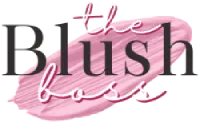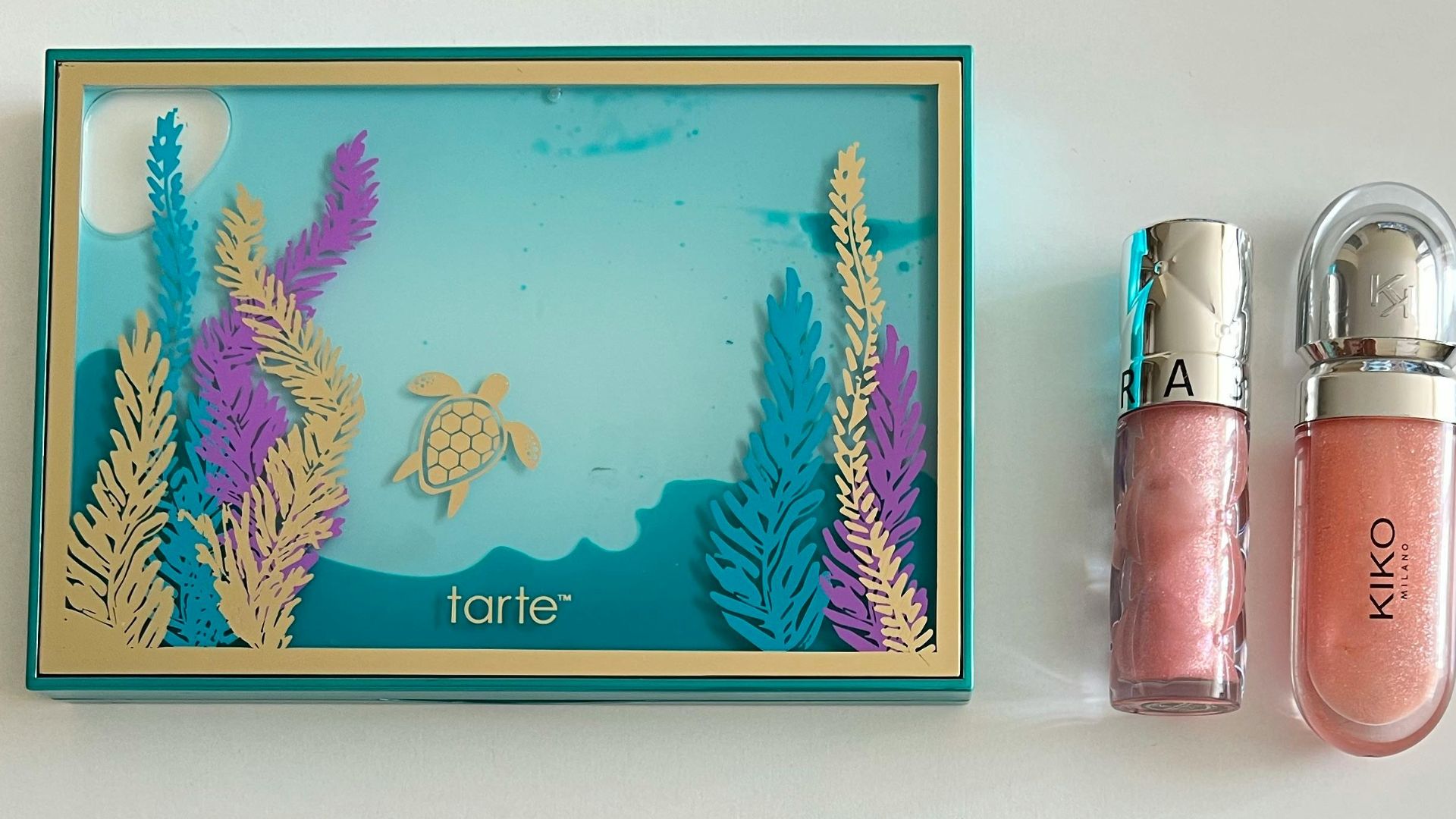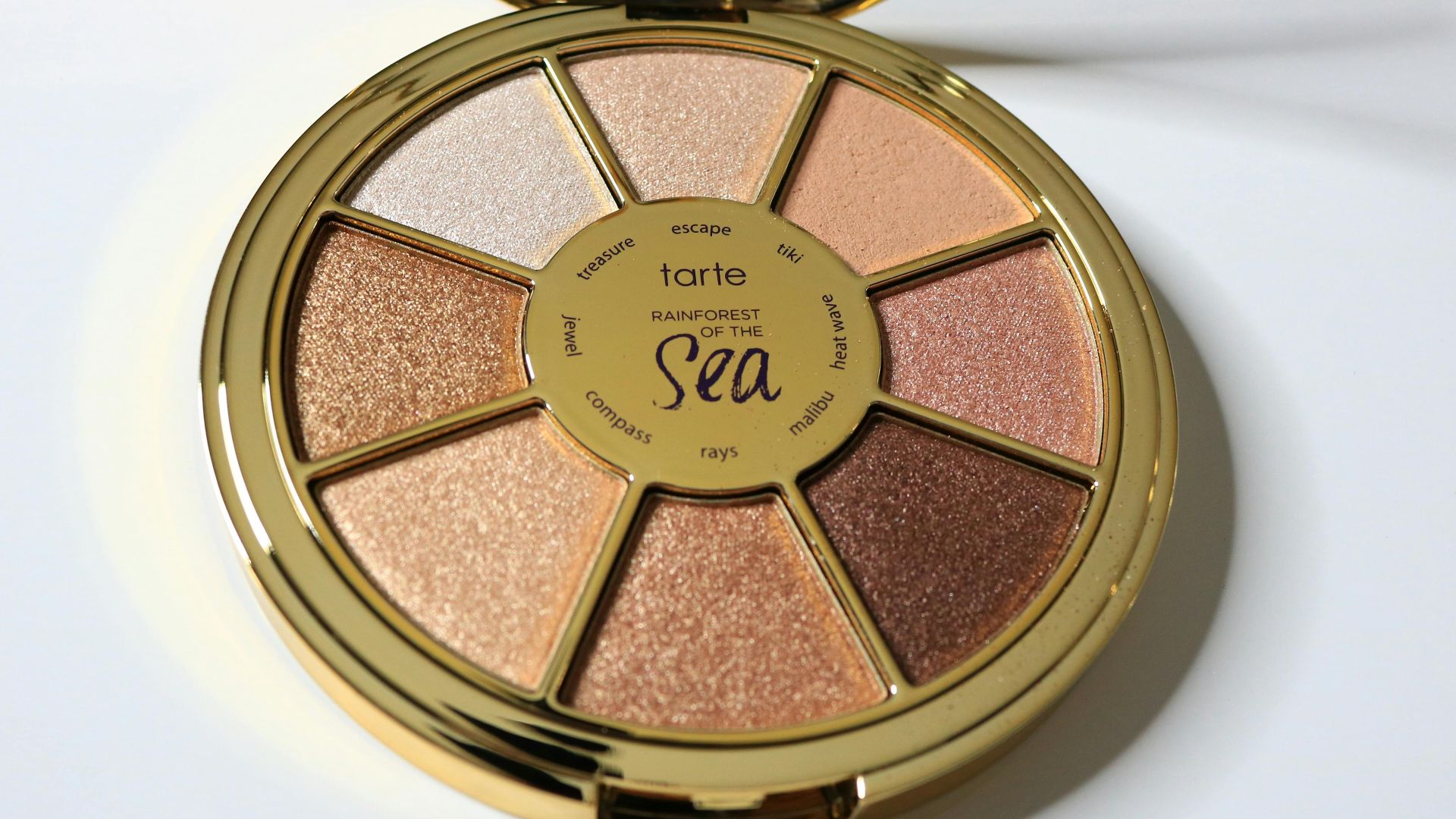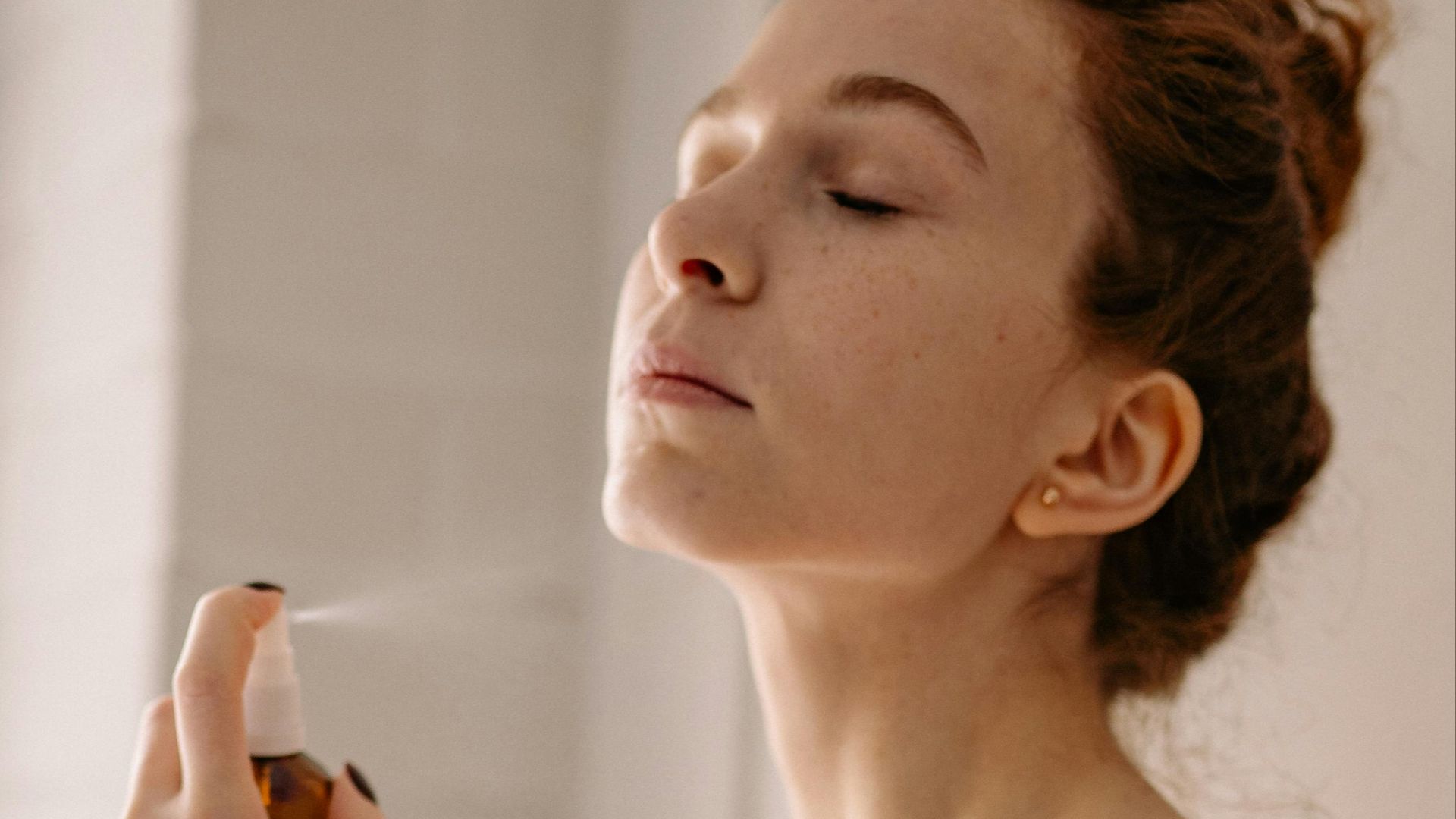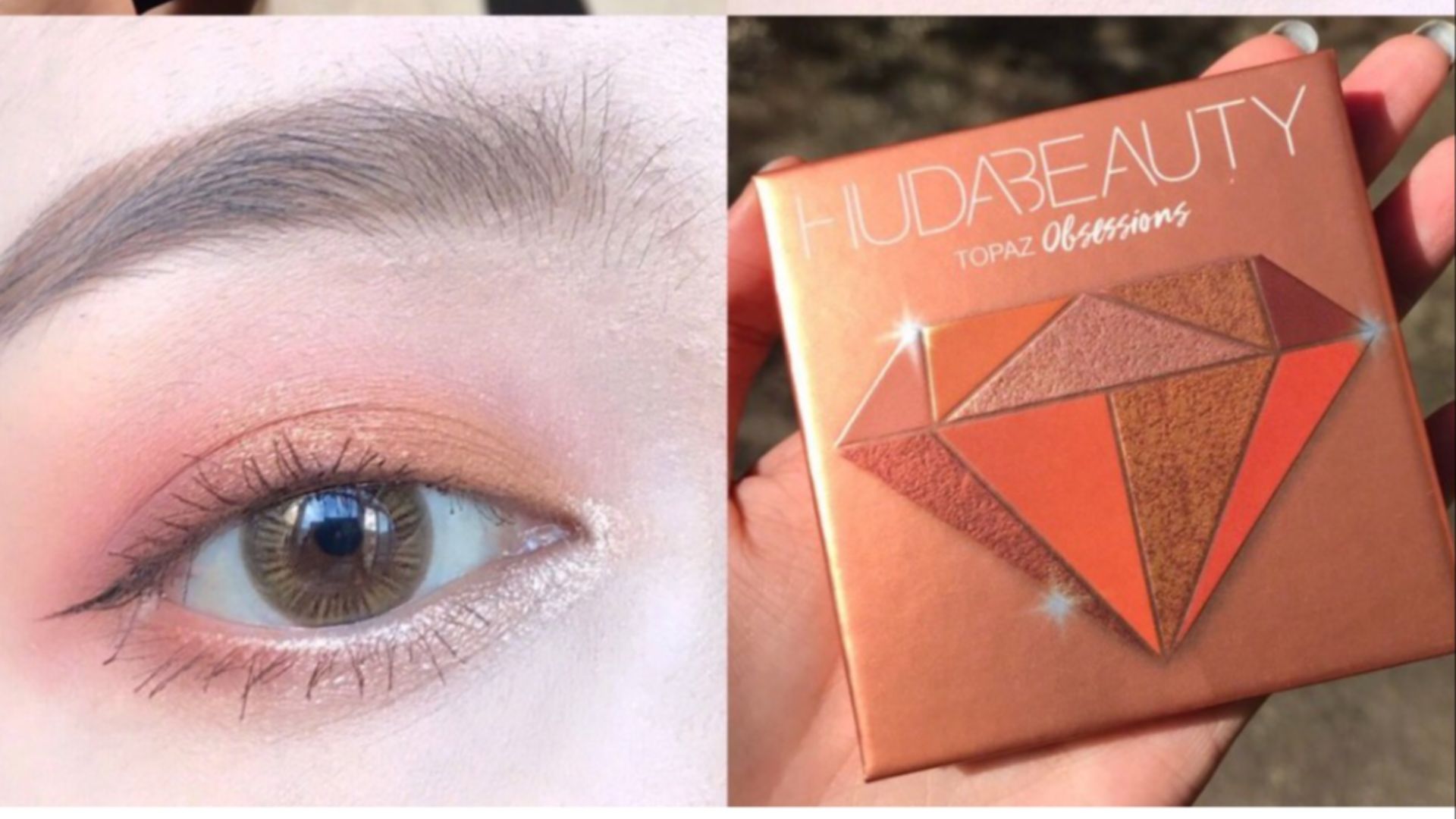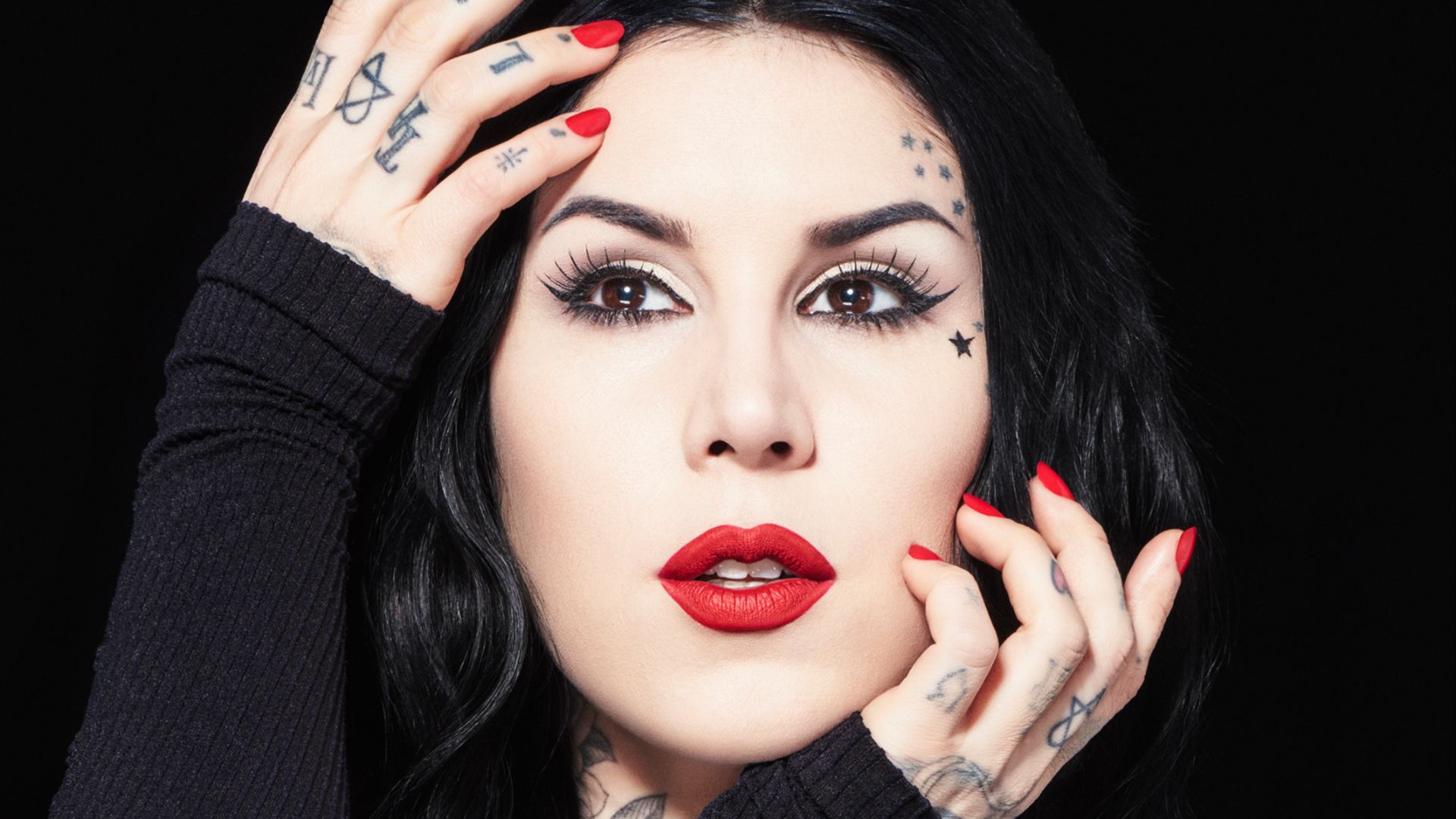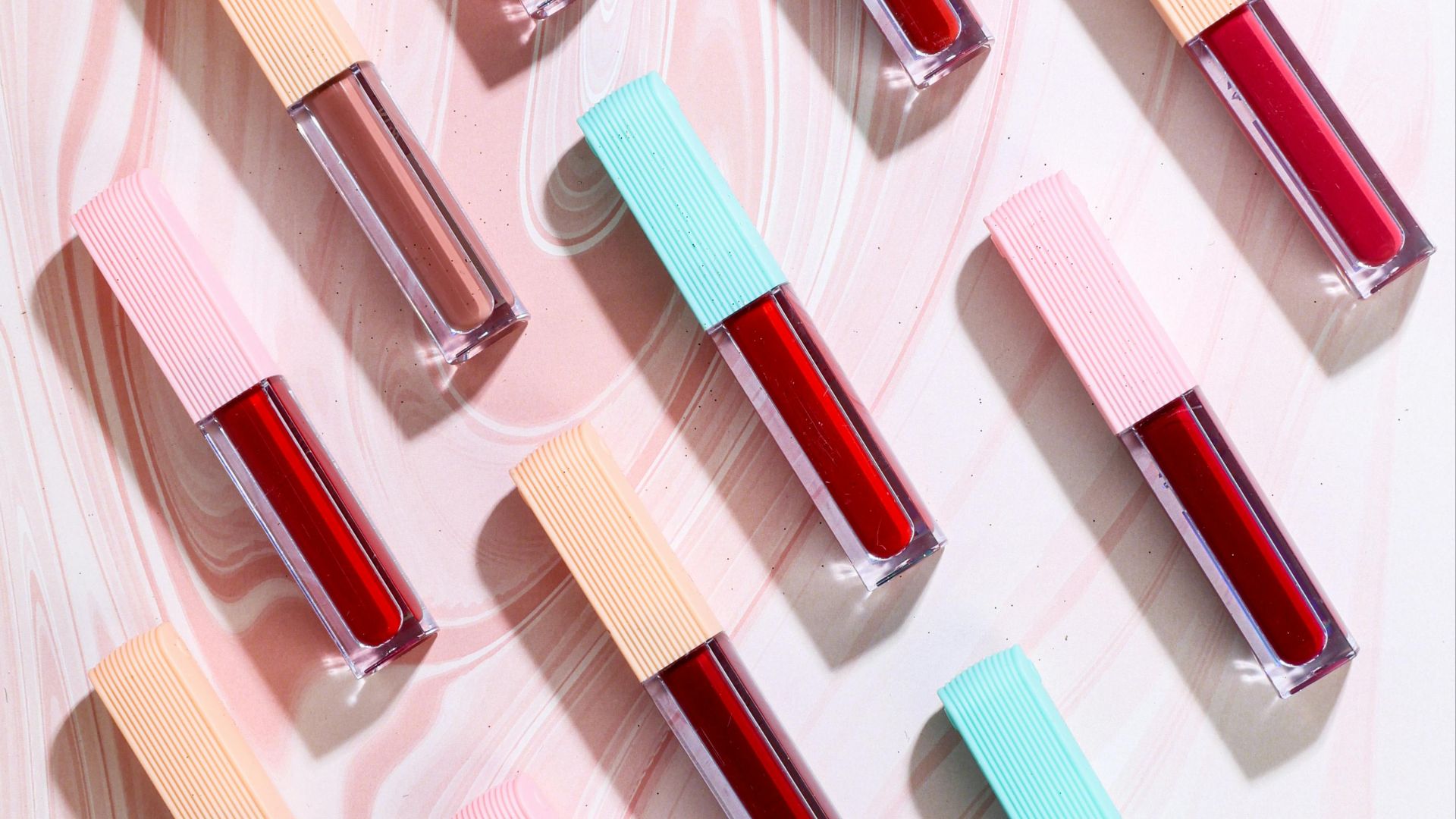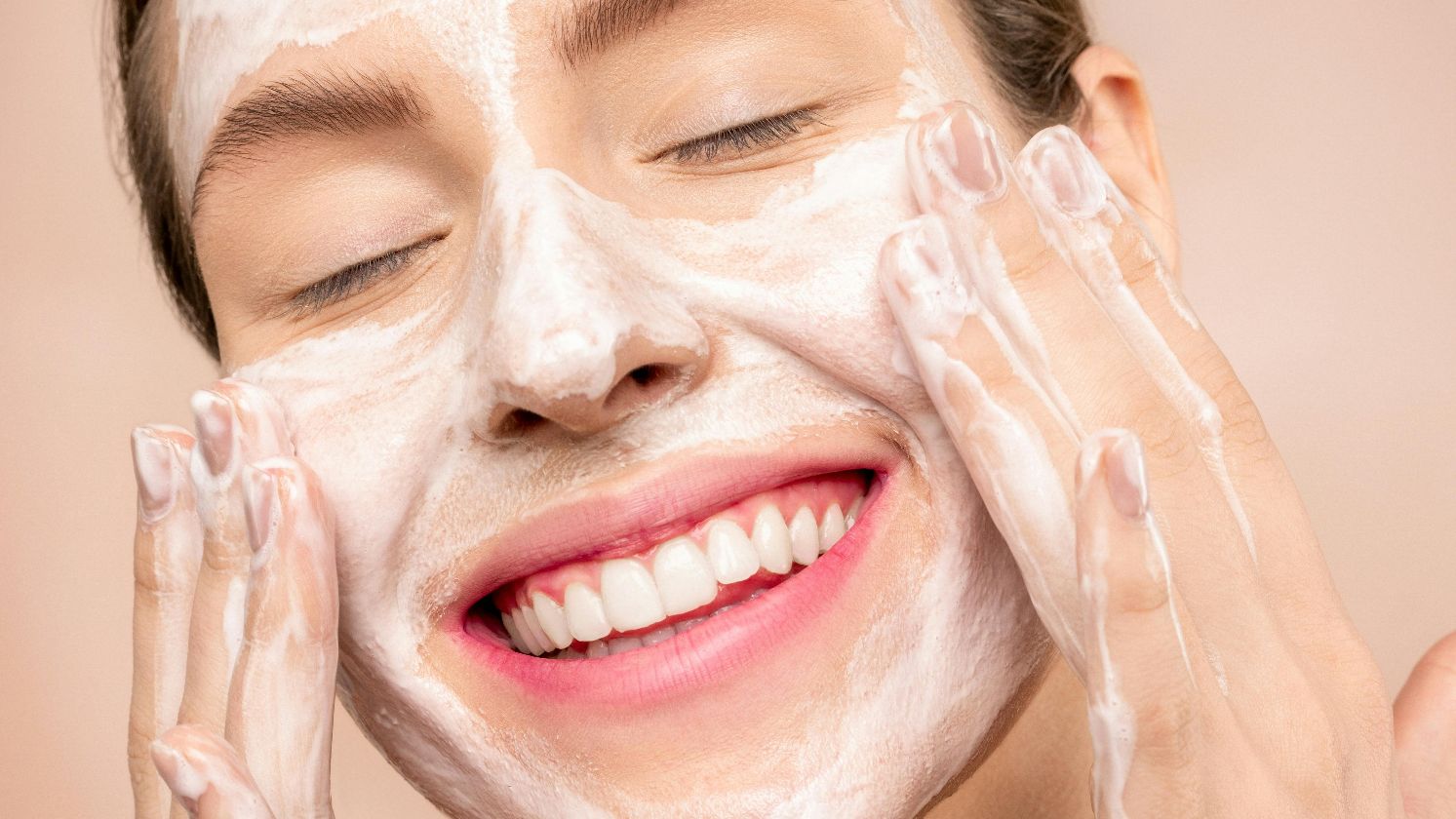Brands That Made the Headlines—in a Bad Way
You might not think twice about the makeup brands you wear every day, but if you’ve ever wondered why some suddenly disappear off the shelves, there’s a good chance it’s because they’ve landed themselves in hot water. From Tarte Cosmetics to KVD Beauty, here are five brands that have faced backlash for everything from poor shade ranges to questionable product names.
1. Tarte Cosmetics
When Tarte released their Shape Tape concealer in 2018, it faced severe backlash for the shade range that was put out. Well-known YouTubers and beauty gurus, like American influencer Jackie Aina, uploaded videos criticizing the limited shades. Out of the initial 15 shades that were released, 12 were made for lighter skin tones, and only three were for medium to deep skin tones.
2. Urban Decay
You may know Urban Decay for its eyeshadow palettes and widely beloved All Nighter Setting Spray. But the brand recently came under heat after ending a 15-year partnership with Skindinavia, an indie brand that made the formula we all know and love in the All Nighter spray. Being such a cult-favorite product, many were disappointed at Urban Decay for breaking the partnership, as the new formula no longer includes the patented cooling ingredients that the original one with Skindinavia had.
3. Huda Beauty
The owner of Huda Beauty, Huda Kattan, was recently caught under fire for spreading anti-semitic views on TikTok, which prompted the platform to remove her video. In it, she accused Israel of orchestrating World War I, World War II, September 11, and the Hamas' attack on October 7.
4. KVD Beauty
Kat Von D, the face behind KVD Beauty, also faced numerous controversies and backlashes, going all the way back to 2013. She'd released lipsticks with questionable shade names, like "Celebutard" and "Underage Red," some of which prompted Sephora to pull them from the shelves. She also responded poorly to the backlash and refused to apologize for her decisions.
5. Lime Crime
The controversy list for Lime Crime is lengthy, but the one that most might know of is the backlash it got with an eyeshadow palette, named "China Doll." Released in 2012, this five-pan palette was criticized for its cultural appropriation of Chinese culture; its marketing campaign even featured a caucasian model in a Japanese kimono.
